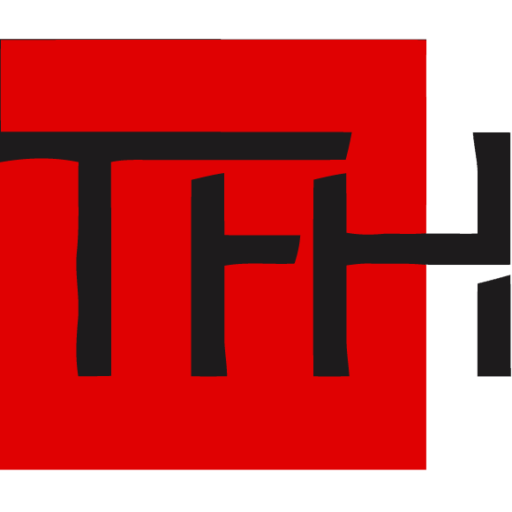The legal state of hemp derivatives after the Farm Bill of 2018.
It seems the market is flooded with hemp or CBD products from gummies and chocolates to lotion and waters. Considering the 2018 Farm Bill, which declassified industrial hemp (less than .3% THC) as a controlled substance, this proliferation makes sense. As the government removes controls, enterprising retailers and producers see myriad new products that could stock shelves. However, what types of hemp or CBD products can actually be made or sold?
Agencies have taken that question and attempted to provide answers. Recently, The Drug Enforcement Agency (DEA) has dictated that Delta-8 THC, a less potent psychedelic CBD, is still controlled as a drug. The DEA cited that most Delta-8 is obtained “synthetically” from the plant, and therefore is not a natural derivative of hemp covered by the Farm bill.
The Food and Drug Administration (FDA) and the Alcohol and Tobacco Tax and Trade Bureau (TTB) have limited CBD’s use by business. Under federal law, alcoholic beverages, irrespective of their final market, must get formula approval when certain ingredients are added. If the formula contains a novel ingredient, the TTB defers to the FDA position on that product, i.e., is it generally recognized as safe (GRAS) to include in food. The FDA has found only 3 GRAS hemp products (hemp seed oil, hulled hemp seed, and hemp seed protein powder). Considering the above, any CBD alcohol products will be denied formula approval and would be federally illegal to sell.
Whether CBD non-alcohol products are legal intra-state, within the borders of your home state, depends on the laws of that state. As example, here in Georgia, CBD derived from industrial hemp is not a controlled substance. However, the Georgia Department of Agriculture has followed FDA guidance and do not allow food manufacturers from including CBD as an ingredient.

